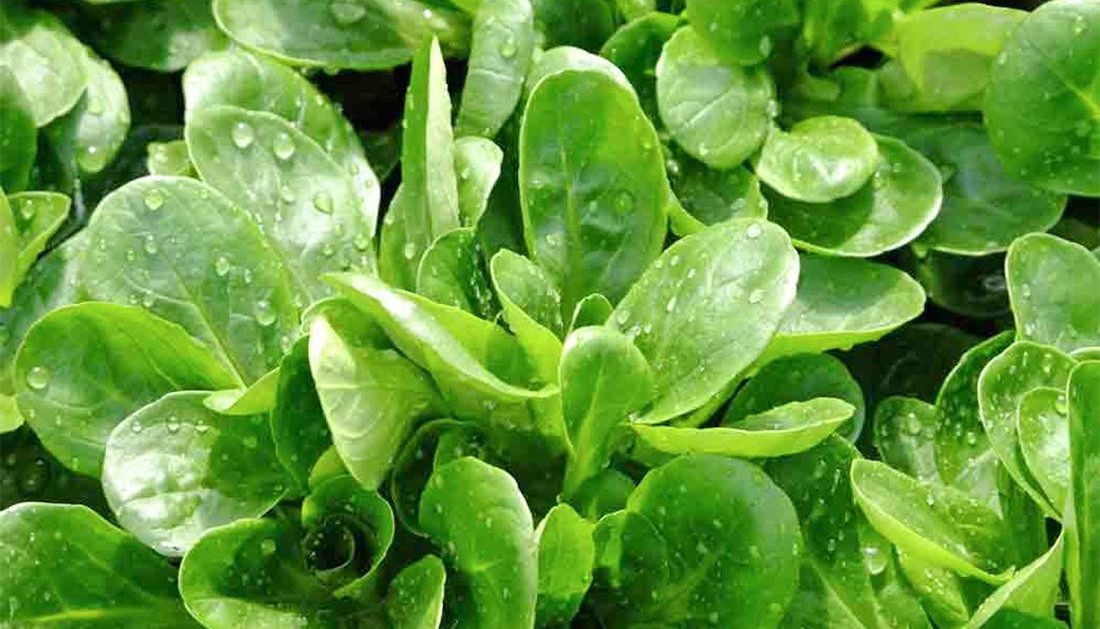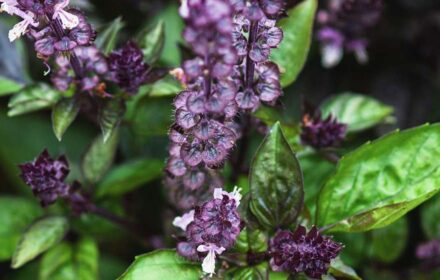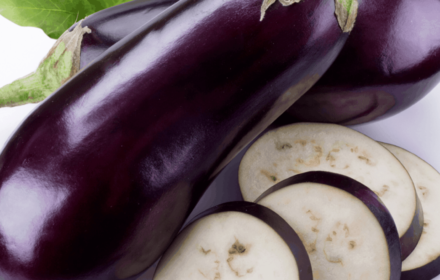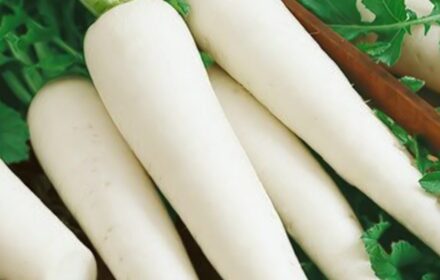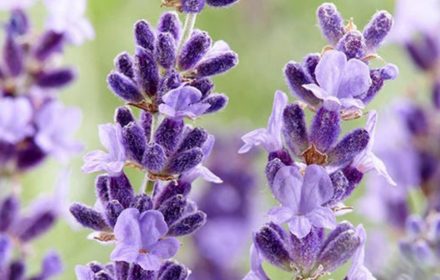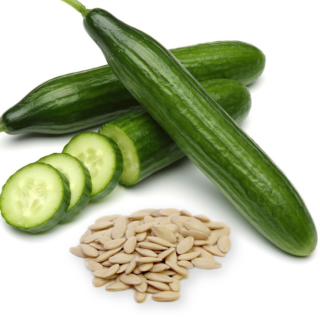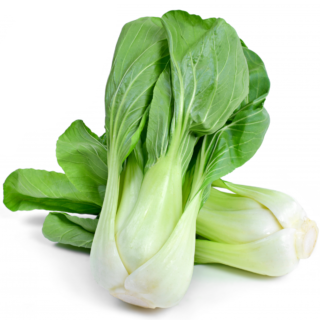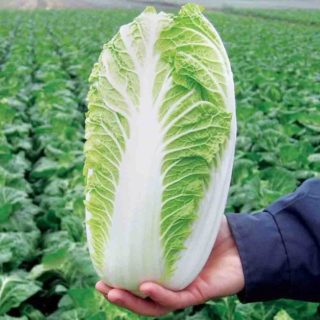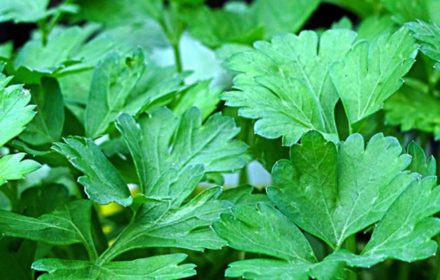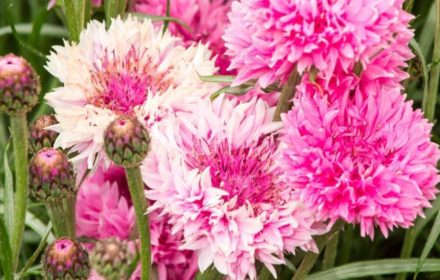How to Grow Corn Salad (Lamb’s Lettuce) from Seeds
Corn Salad, also known as Lamb’s Lettuce, Fetticus, or Mâche, is a hardy annual with tender, dark green leaves and a mild, nutty flavour. It can be used in a variety of ways, from fresh salads to cooked dishes, or as a delicate herb for flavouring. This versatile green is perfect for UK gardens, thriving in cool conditions and providing a reliable harvest throughout autumn and winter. Follow this guide to successfully sow and grow Corn Salad Lamb’s Lettuce in your garden.
When and Where to Sow Corn Salad Seeds
- Outdoor Sowing: Sow seeds directly outdoors from early spring to late autumn (March to October). For the best results, sow in cool, shady areas during the height of summer to prevent bolting. In cooler seasons, full sun locations are ideal.
- Successional Sowing: For a continuous harvest, sow seeds every 2-3 weeks throughout the growing season. This method ensures a steady supply of fresh leaves, even as older plants mature and finish their cycle.
Ideal Growing Conditions for Corn Salad
- Soil Requirements: Corn Salad prefers well-drained, fertile soil with a slightly acidic to neutral pH (6.0-7.0). It is adaptable to various soil types but thrives best in rich soil. Before sowing, prepare the soil by incorporating compost or well-rotted manure.
- Sunlight: This leafy green grows well in partial shade to full sun, depending on the season. In hot summer months, choose a shaded spot to avoid the risk of bolting. In cooler months, select a sunny location to promote vigorous growth.
- Temperature: Corn Salad is a cool-season crop and grows best in temperatures between 10-18°C (50-65°F). It can withstand light frosts, making it suitable for autumn and winter harvests in the UK.
How to Sow Corn Salad Lamb’s Lettuce Seeds Outdoors
- Preparing the Seed Bed: Choose a well-prepared, weed-free seed bed. Rake the soil to a fine tilth and mark out shallow drills 12 mm (½ inch) deep and 15 cm (6 inches) apart.
- Sowing Depth and Spacing: Sow seeds thinly in the drills, covering lightly with soil and firming down gently. Space seeds about 2-3 cm apart within the row to allow for thinning later.
- Watering: Water the seed bed gently after sowing to settle the soil. Keep the soil consistently moist during the germination period, which typically takes 7-14 days. Avoid overwatering, as waterlogged soil can lead to poor germination and root problems.
- Thinning: When seedlings are large enough to handle, thin them to approximately 10 cm (4 inches) apart. Thinned seedlings can be used as microgreens or added to salads.
Caring for Corn Salad Plants
- Watering: Keep the soil evenly moist, especially during dry spells, to encourage tender leaf growth. Water at the base of the plants to avoid wetting the foliage, which can lead to rot or mildew in cooler, damp weather.
- Feeding: Corn Salad generally does not require heavy feeding. If your soil is poor, you can apply a light dose of balanced fertiliser or a liquid seaweed feed every few weeks to support growth.
- Mulching: Apply a layer of organic mulch around the base of the plants to retain soil moisture, suppress weeds, and regulate soil temperature, especially during the summer months.
Harvesting Corn Salad
- Harvesting Leaves: Begin harvesting leaves when the plants are about 5-10 cm (2-4 inches) tall. You can either pick individual outer leaves or cut the entire plant just above ground level. For continuous harvests, pull up every other plant, allowing the remaining ones to grow and develop further.
- Extended Harvest: For a prolonged supply, keep sowing every few weeks and protect late autumn and winter crops with cloches or fleece to extend the growing season.
- Storing: Freshly harvested leaves can be stored in the refrigerator for up to a week. Rinse gently and dry thoroughly before storing in a perforated plastic bag or container to maintain freshness.
Common Questions About Growing Corn Salad
- Can Corn Salad be grown in containers? Yes, Corn Salad grows well in containers. Choose a pot at least 15 cm (6 inches) deep with good drainage. Use a high-quality, multipurpose compost and water regularly to prevent the soil from drying out.
- Why is my Corn Salad bolting? Bolting occurs when the plant is exposed to high temperatures or prolonged dry conditions. To prevent bolting, sow in shaded areas during the summer and keep the soil consistently moist.
- Is Corn Salad frost-hardy? Yes, Corn Salad is quite cold-tolerant and can withstand light frosts, making it an excellent choice for late autumn and winter crops. Protect plants with cloches or fleece in severe weather for a continued harvest.
By following these steps, you can enjoy a bountiful supply of fresh, tender Corn Salad Lamb’s Lettuce in your garden throughout the year. Whether used as a salad green, herb, or cooked vegetable, this versatile crop is a great addition to any UK garden.

